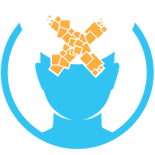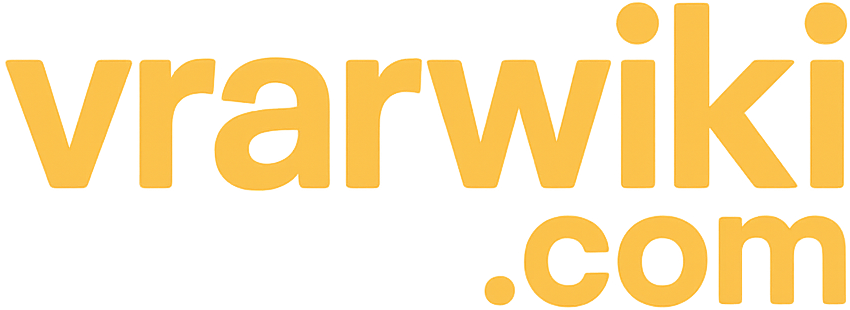Rift: Difference between revisions
Appearance
Xinreality (talk | contribs) No edit summary |
Xinreality (talk | contribs) No edit summary |
||
| Line 32: | Line 32: | ||
Rift HMD has sleek and refined design with improved ergonomics. [[IPD]] can be adjusted physically through the ''slider'' on the bottom, right side of HMD. Like previous editions, Rift supports [[eye-relief]] adjustments, allowing users to increase or decrease the distance between their eyes and lenses. | Rift HMD has sleek and refined design with improved ergonomics. [[IPD]] can be adjusted physically through the ''slider'' on the bottom, right side of HMD. Like previous editions, Rift supports [[eye-relief]] adjustments, allowing users to increase or decrease the distance between their eyes and lenses. | ||
Tracking is improved from [[DK2]] and Crescent Bay. | Tracking is improved from [[DK2]] and Crescent Bay. While [[rotational tracking]] is achieved with [[IMUs]], [[positional tracking]] is accomplish with an [[external sensor camera]] ([[outside-in tracking]]). Tiny LED markers are placed on the HMD, the sensor camera is able to recognize these markers and track the position of the HMD. Oculus has promised for both seated and standing VR experiences. | ||
Rift will have a microphone and built-in headphones. | [[External sensor camera]] is not only able to track the headset but also [[Oculus Touch]]. [[Brandon Iribe]] has mentioned that other hardware manufactures can cover their own devices with the LED markers so they can be tracked too. | ||
Rift will have a microphone and built-in headphones. Users can replace the headphones with their own audio devices. | |||
===Specifications=== | ===Specifications=== | ||

